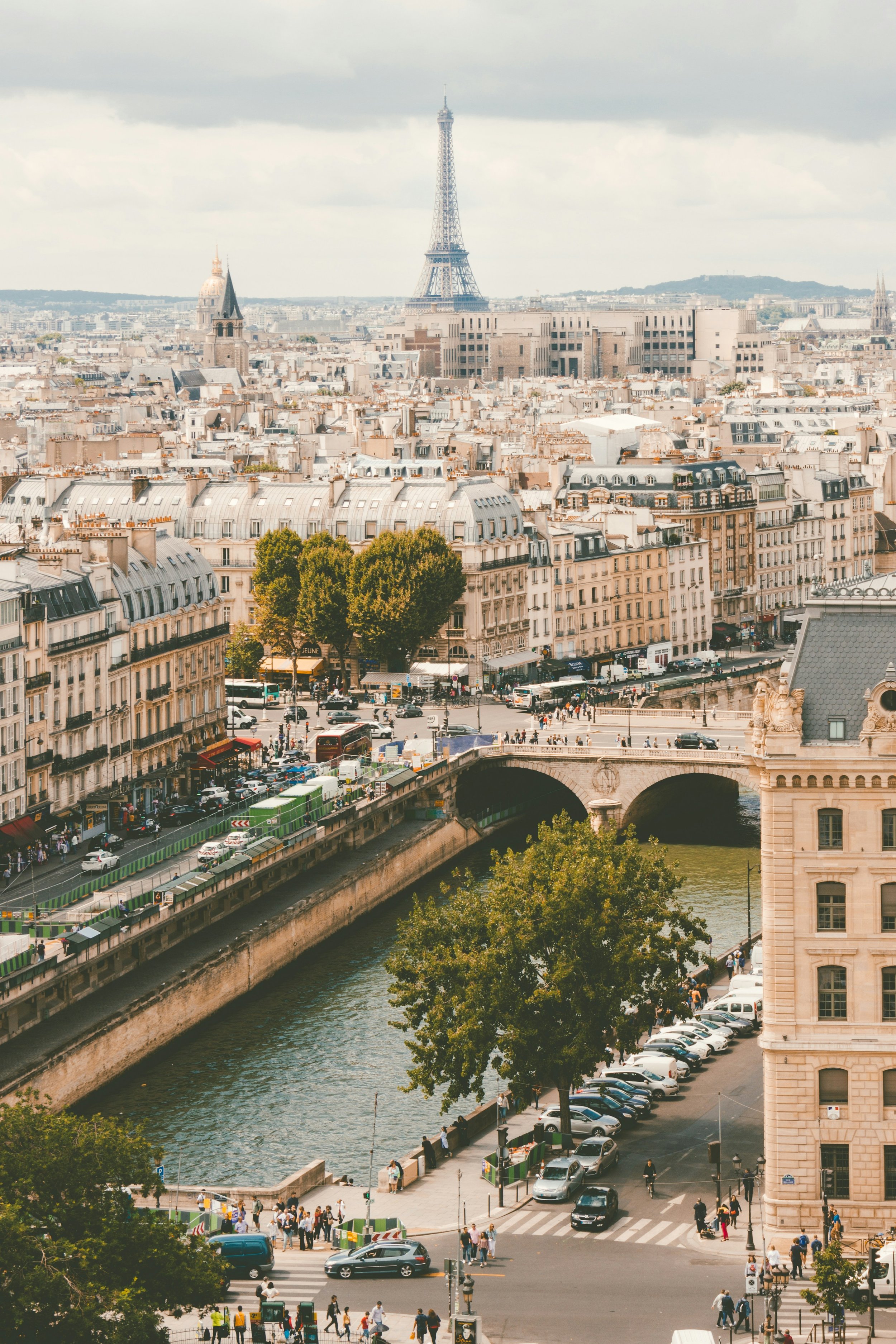Welcome to France
France, a country known for its rich history, culture, and iconic landmarks, is located in Western Europe and is one of the world's most influential nations. It offers a diverse landscape ranging from picturesque countryside to bustling urban centers like Paris. With its strong economy, world-class education, and healthcare systems, France continues to be a global leader in various sectors, including art, science, and politics.
-
France has a population of approximately 67 million people, making it one of the most populous countries in Europe. The population is distributed across urban and rural areas, with the majority residing in cities and metropolitan regions, particularly Paris, Marseille, and Lyon.
-
France has an aging population, with a median age of around 42 years. The proportion of people aged 65 and older is increasing, a reflection of longer life expectancies and lower birth rates. The country's pension and healthcare systems are adapting to this demographic shift.
-
France has a diverse ethnic composition, primarily composed of people of French descent. The country also has sizable immigrant populations, particularly from North and Sub-Saharan Africa, as well as Europe and Asia. This multiculturalism has shaped French society, though integration and immigration policies continue to be topics of debate.
-
France has a highly developed economy, ranking as one of the largest in the world. Key sectors include manufacturing, services, and tourism. While wealth is generally distributed across the population, there are regional disparities, with some areas facing higher unemployment and poverty levels, especially in the suburbs of major cities.
-
French is the official language of France, spoken by the vast majority of the population. Regional languages like Breton, Occitan, and Alsatian are still spoken in some areas, but French remains the dominant language in government, education, and business. English is increasingly spoken, especially in urban centers and by younger generations.
-
France has a robust public education system, providing free and compulsory education from ages 3 to 16. The country has a high literacy rate of over 99%, and its prestigious universities and Grandes Écoles attract students from around the world. However, educational inequalities persist, particularly in rural areas and for immigrant children.
-
France is known for its high-quality healthcare system, which provides universal coverage to all citizens. The French healthcare system is funded through a combination of government contributions and social insurance, offering access to both public and private medical services. Despite this, there are challenges related to regional disparities and an aging population.
-
France is highly urbanized, with around 80% of the population living in cities. The country boasts well-developed infrastructure, including extensive road networks, public transportation systems, and high-speed rail. While urban areas are well-connected, rural areas sometimes struggle with limited services and connectivity.
-
Tourism is a major economic sector in France, drawing millions of visitors annually to its iconic attractions like the Eiffel Tower, the Louvre, and the French Riviera. While tourism boosts the economy, it also places pressure on local infrastructure, especially in popular regions like Paris and the Provence-Alpes-Côte d'Azur, where over-tourism and environmental concerns have become pressing issues.
















